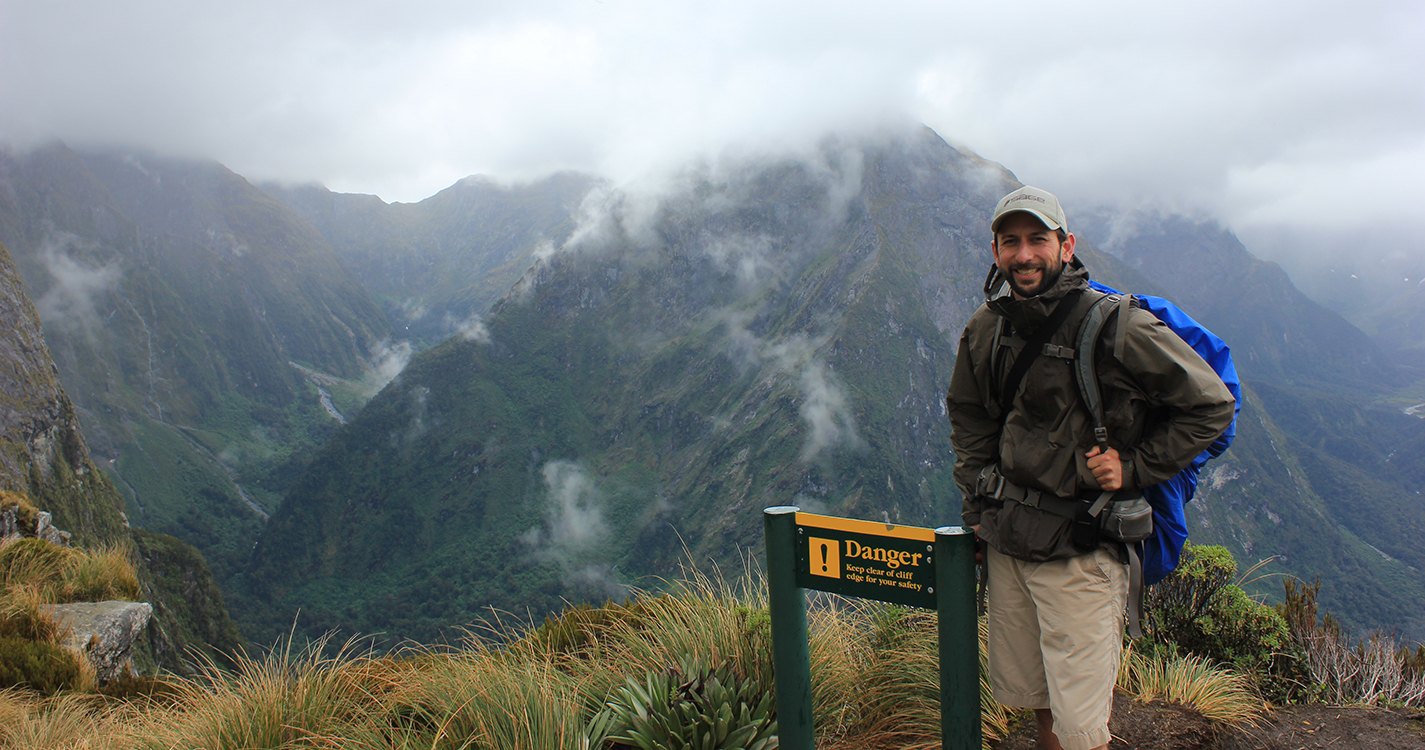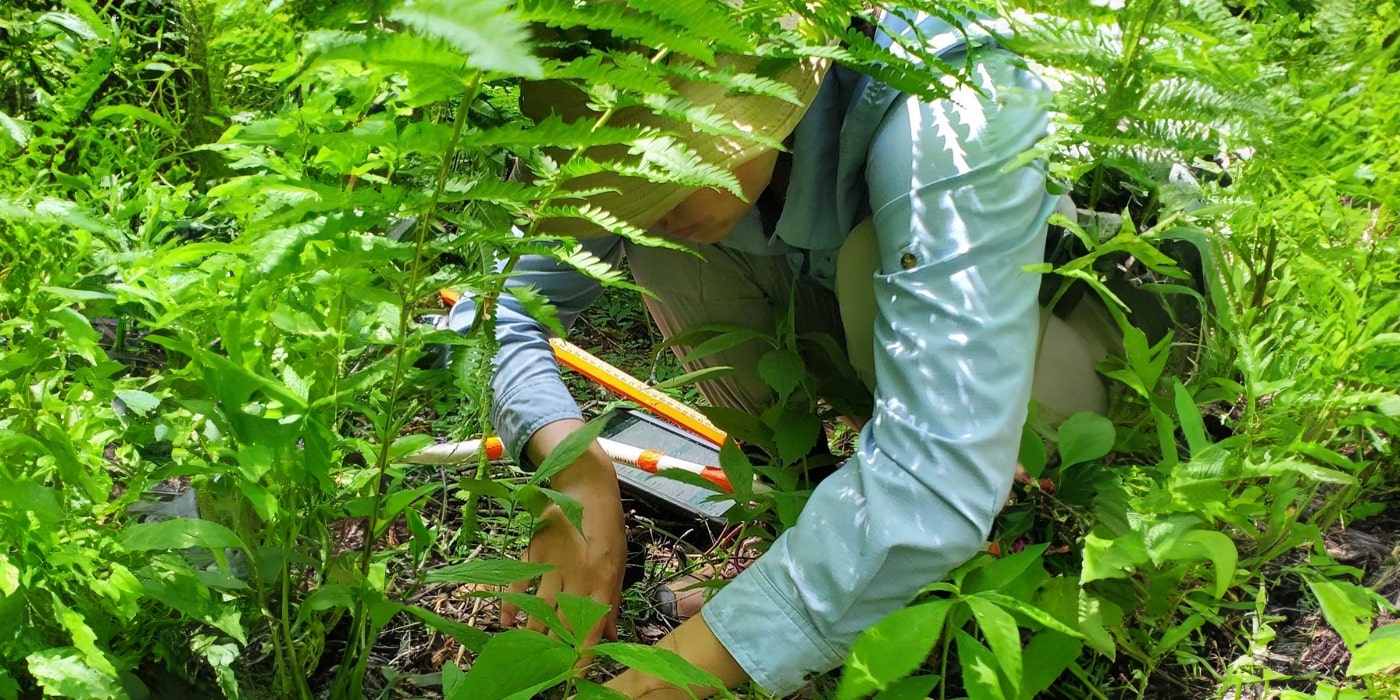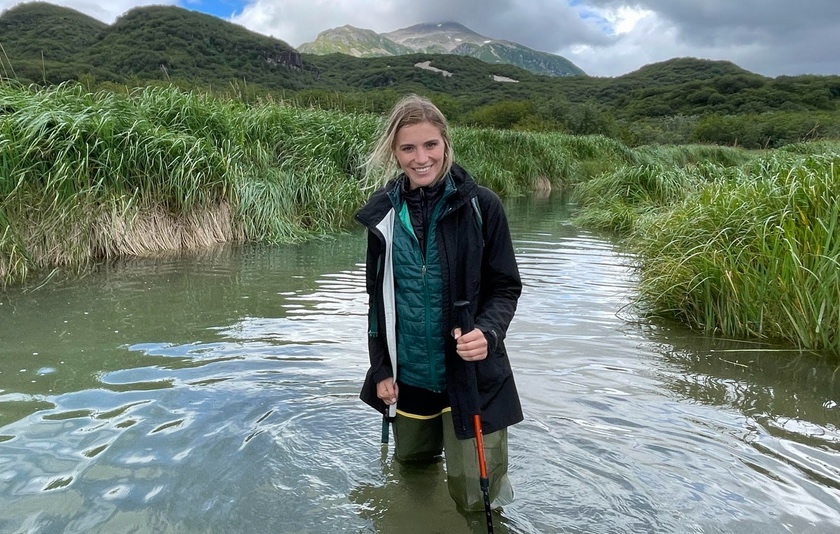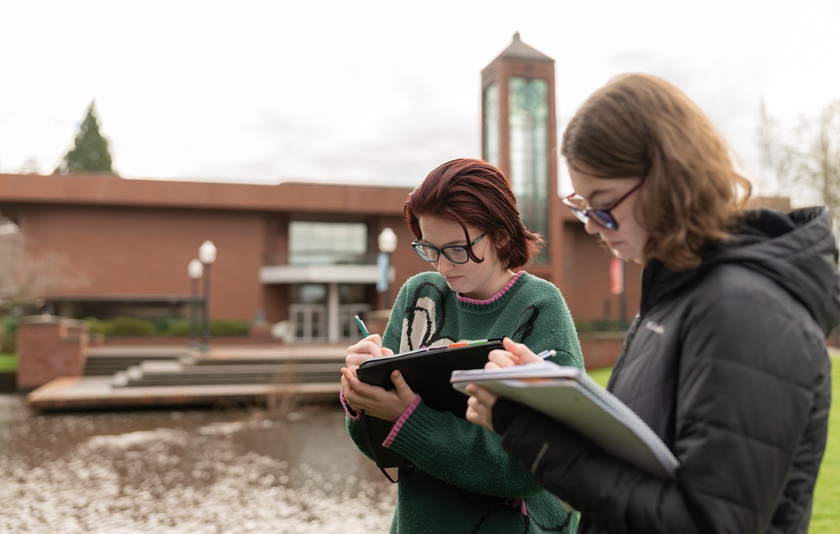After nearly a decade of observing the aftermath of environmental crises in Oregon, Anton Chiono ’06 knew he wanted to be part of a solution.
During the “Timber Wars” of the ‘80s and early ‘90s, when the Pacific Northwest battled to preserve endangered species and federal forests, he was a child living in rural Summer Lake, an Oregon ranching and logging town. When Summer Lake's sawmill closed, many of his parents’ friends lost jobs. Some moved on. Others never recovered.
No matter what reasoning could be given for such a closure — that globalization had depressed demand for domestic forest products and cheaper timber could be sourced from abroad, that the culmination of decades of short-term policy decisions and inexorable global economic trends led to this outcome — Chiono realized little could salve the loss of the town’s primary economic driver.
This early observation laid the foundation for his environmental science major at Willamette University and his work on conservation issues today with the Confederated Tribes of the Umatilla Indian Reservation in Pendleton.
Charting a career path
In the early 2000s, when Chiono was a teenager and a severe drought triggered the Klamath Basin Water crisis — halting irrigation waters that sustained the livelihoods of farmers as well as large populations of chinook and coho salmon — it felt like déjà vu.
The cast of characters was different, he said, but the story was roughly the same: a legacy of unsustainable resource exploitation pushing a species to the brink of extinction.
By the time he graduated high school, he didn’t know if a better approach to natural resource management existed. But he knew he had to try.
At Willamette he found a starting point. The university’s commitment to scholastic achievement set him up for graduate school at Yale, a Fulbright in New Zealand and work fulfilling landmark cap-and-trade legislation in California.
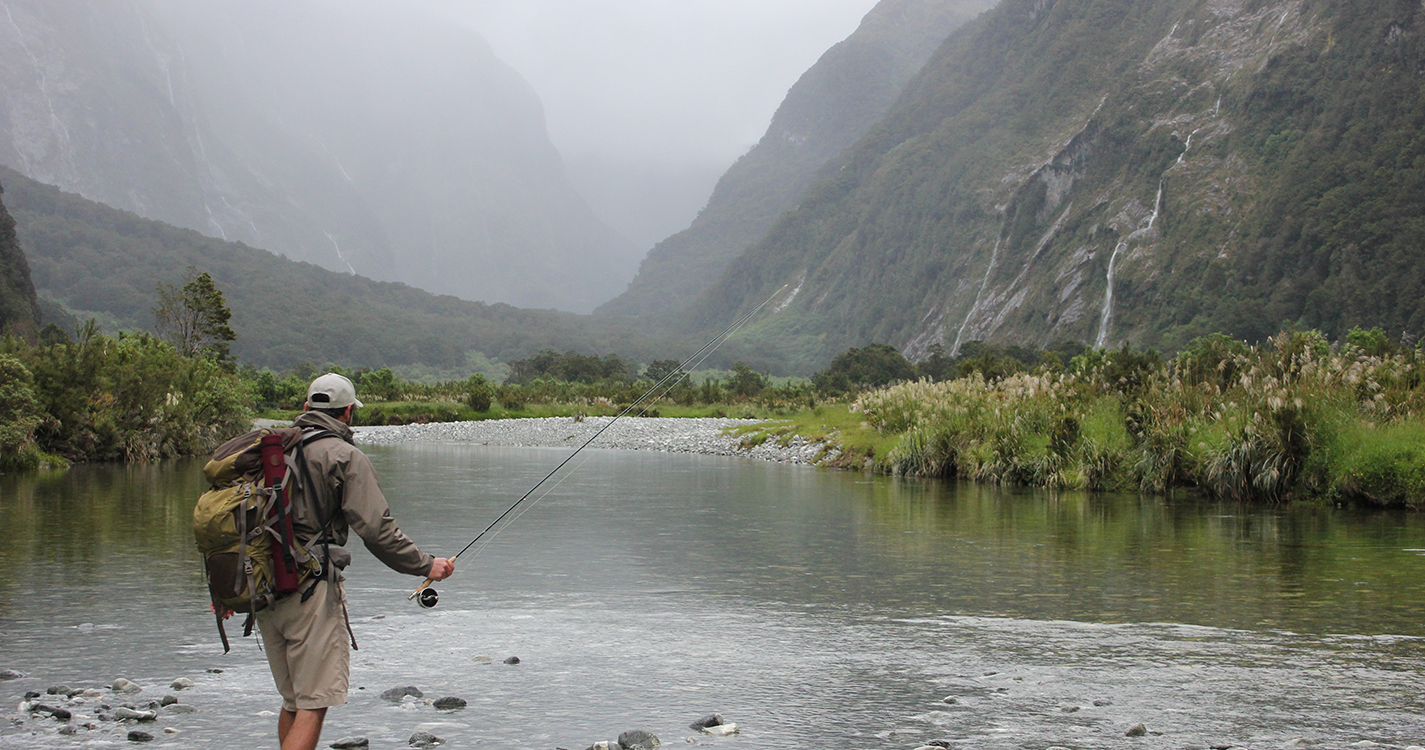
Faculty such as Professor of Environmental Science Karen Arabas and Professor of Biology David Craig became a source of insight and guidance during his undergraduate years. An internship with Sen. Gordon H. Smith, R-OR, in Washington, D.C., helped him find common ground with people who held different ideologies.
“You can always learn the theory or fundamentals,” Chiono said, “but effective communication, critical thinking and working well with other people are just as important.”
He also formed a rod and reel club, fly casting with members on the Mill Stream, and built on past volunteer experience through the presidential scholar program, analyzing how forest management affected wildlife behavior at a verdant wetland near his home.
Chiono had already been volunteering there as a community representative, collaborating with private landowners, federal agencies and others to make better use of natural resources. The scholar program narrowed his focus to forest studies, which he pursued at Yale, followed by a policy analyst position at the nonprofit Pacific Forest Trust in San Francisco in 2008.
Forging relationships
Chiono’s arrival coincided with the Trust’s work on the groundbreaking Global Warming Solutions Act of 2006, which made California the first nationwide to offer incentives to cap emissions.
“My background in grad school was looking at environmental markets, and it was awesome to actually work on developing California’s carbon market,” he said.
California wasn’t alone. New Zealand had also been incorporating its forest sector into the carbon market to meet climate change targets. By 2013, Chiono secured a Fulbright through the Victoria University of Wellington to determine whether California or New Zealand had the better economic approach, later adding an MS in environmental studies from the same university.
Part of his Fulbright required visiting indigenous Māori villages and learning about their culture, and Chiono’s eyes were opened to the challenges they faced relying on natural resources. The parallels he drew between the Māori and Native Americans in the U.S. influenced the next step in his career.
Since 2015, Chiono has been a water transaction specialist at the natural resources department for the Umatilla reservation. He manages a large fund devoted to salmon recovery and improving fisheries in the Columbia River and its tributaries, as well as overseeing land acquisitions meant to restore rivers and protect acreage from development. Much of his job involves persuasion and collaboration with a diverse group of stakeholders, and the communication skills he learned at Willamette are powerful tools he uses regularly, he said.
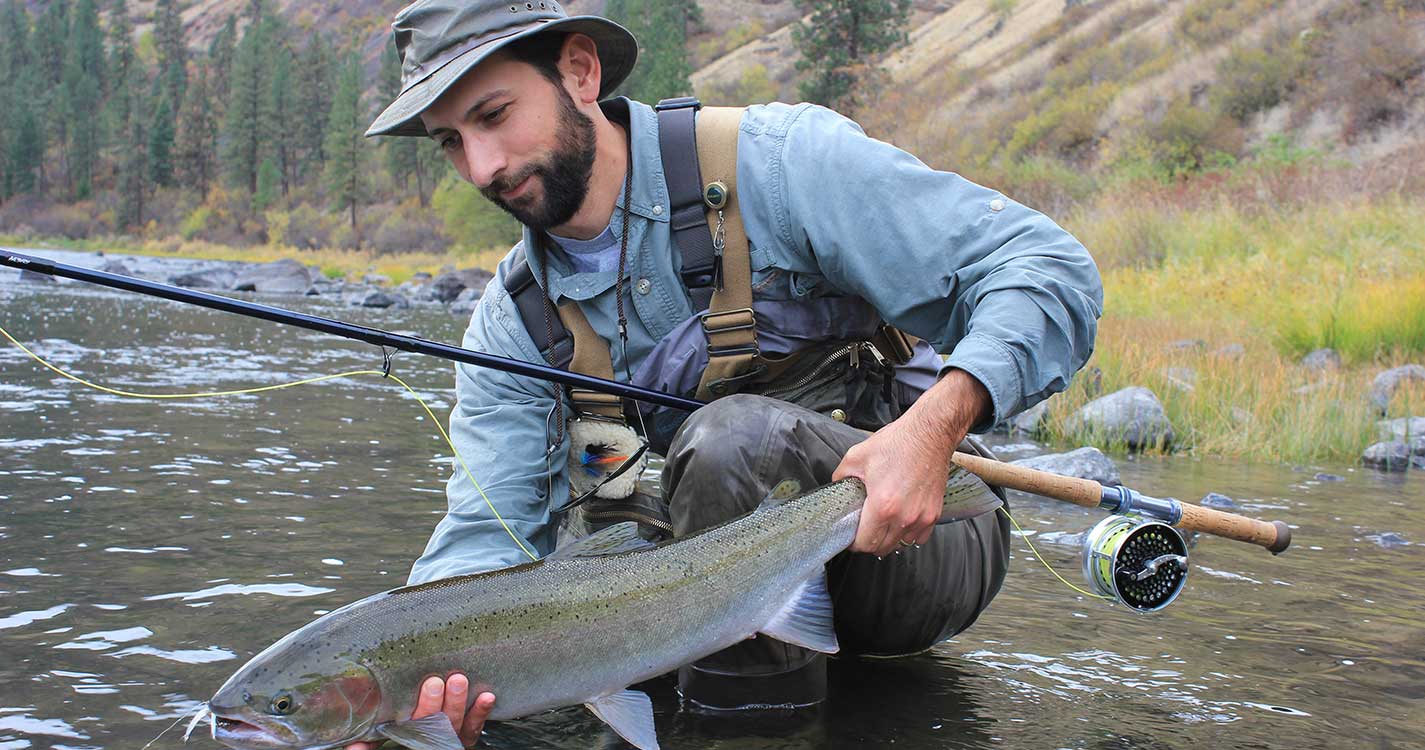
When he thinks about the future, he hopes he left things a little better than when he found it. Every day he learns more about the history and traditions of the Umatilla Tribes, as well as how important our natural resources still are to the culture and livelihoods of the Tribes today.
“Native Americans have been here a long time, relying on these resources,” he said. “It’s incredibly gratifying to work in these communities and help restore the ecosystems upon which they depend.”

